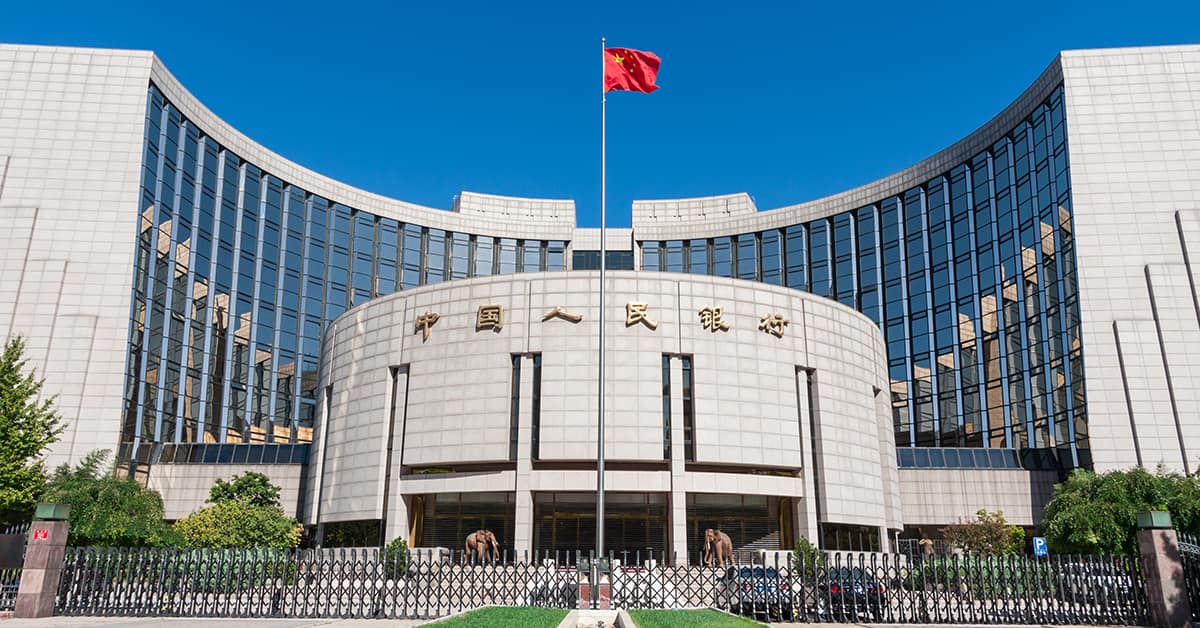China's banking sector is already vulnerable to high levels of corporate debt and cutting reserve requirements means greater systemic risk.

The mid-July cut in the reserve requirement ratio (RRR) by China’s central bank took many economic observers by surprise, as data showed the economy performing strongly in June despite pressure from rising prices, supply disruptions and virus restrictions.
The decision to move ahead with the 0.5% cut, to 12% for major banks, releases around 1 trillion Chinese renminbi ($154 billion) in long-term liquidity. But it sends a bad signal, according to some analysts, and may indicate renewed stresses in the world’s second-largest economy.
“This gives me a sense of unease,” Iris Pang, chief economist for Greater China at ING Wholesale Banking, commented in a research note. “Are banks under stress? If this is the case, it implies there could be more bad loans.”
It also highlights concerns about the Chinese banking sector’s systemic vulnerability to high levels of corporate debt. With RMB 185.5 trillion in outstanding loans as of the end of June, the cut may not be enough to ward off market turbulence in the months ahead, Pang warns. Widespread deleveraging and a rise in bad loans could hit banks already grappling with restrictions on lending to real estate developers and fintechs.
Meanwhile, research firm Capital Economics says the move by the People’s Bank of China signals further downward pressure on government bond yields in China, and on the renminbi. That is consistent with the wider market view that the RRR cut points to a loose monetary policy. Still, concerns of a spike in nonperforming loans and worries over levels of corporate debt haven’t dissipated.
Option-adjusted spreads on corporate bonds in China have risen sharply, even as those elsewhere have generally continued to edge down. China’s banks may run, but they cannot hide; and that could mean that another RRR cut could be on the cards in the fourth quarter to grant banks further breathing space.
“The key takeaway is that worries about China, both the recent growth slowdown and the perennial uncertainty about the health of its financial system, may be with us for some time yet,” writes Jonas Goltermann from Capital Economics.



